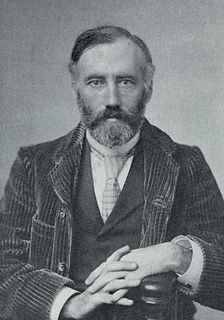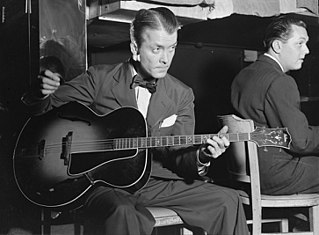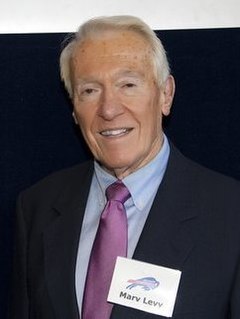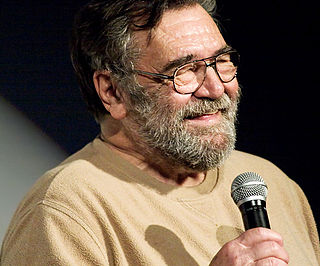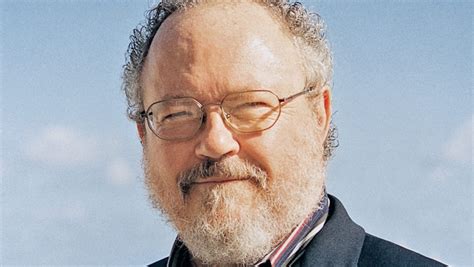A Quote by Jay Parini
'Of Mice and Men,' Steinbeck's fifth novel, adheres to a simple dramatic structure, which observes the classic Aristotelian unities of time, place and action.
Related Quotes
What is a scene? a) A scene starts and ends in one place at one time (the Aristotelian unities of time and place-this stuff goes waaaayyyy back). b) A scene starts in one place emotionally and ends in another place emotionally. Starts angry, ends embarrassed. Starts lovestruck, ends disgusted. c) Something happens in a scene, whereby the character cannot go back to the way things were before. Make sure to finish a scene before you go on to the next. Make something happen.
Karma is like the vine that gathers strength through uninterrupted years, and which fastens its tendrils so closely that it is as strong as the structure to which it adheres. There is no way to destroy its power except by the separation of the parts, these parts renew themselves in other forms of life, but the structure is freed when its root is destroyed.
I could wish there were a treaty made between the French and the English theatres, in which both parties should make considerableconcessions. The English ought to give up their notorious violations of the unities, and all their massacres, racks, dead bodies, and mangled carcasses, which they so frequently exhibit upon their stage. The French should engage to have more action, and less declamation, and not to cram and to crowd things together to almost a degree of impossibility from a too scrupulous adherence to the unities.
You see, for me a painting is a dramatic action in the course of which the reality finds itself split apart. For me, that dramatic action takes precedence over all other considerations. The pure plastic act is only secondary as far as I'm concerned. What counts is the drama of that plastic art, the moment at which the universe comes out of itself and meets its own destruction.
I hope for so much from every book I read. And time and again, I find myself disappointed. I look across my bookshelves and see hundreds of titles which in my memory seem merely mediocre or second-rate. Only occasionally does a novel appear for which I feel a lasting passion, a book that I think could in time become a classic.



